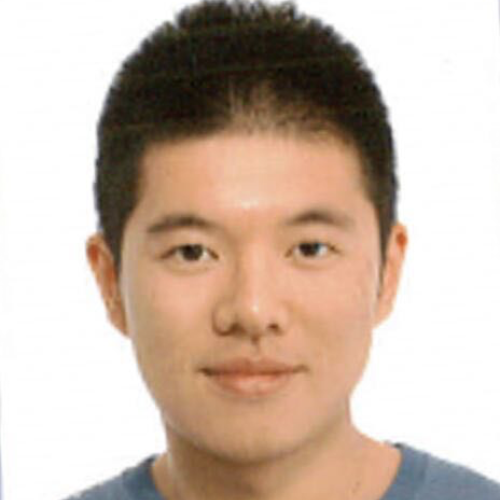Members of Associate Professor Dong Wang's research group, the Social Sensing and Intelligence Lab, will present their research at the International Joint Conference on Artificial Intelligence (IJCAI) 2023, which will be held from August 19-25 in Macao, S.A.R. IJCAI is the leading conference in the field of artificial intelligence, bringing together AI researchers from around the world.
Teaching Assistant Professor Yang Zhang will present the paper, "On Optimizing Model Generality in AI-based Disaster Damage Assessment: A Subjective Logic-driven Crowd-AI Hybrid Learning Approach," which he coauthored as a postdoctoral research associate in Wang's lab. This work focuses on AI-based damage assessment (ADA) applications that leverage state-of-the-art AI techniques to automatically assess the severity of disaster damage using online social media imagery data. In this work, the researchers study the generality problem of ADA models, aiming to address the limitations of current ADA solutions that are often optimized only for a single disaster event and lack the generality to provide accurate performance across different disaster events. The researchers believe that their framework can be applied to address the generality problem in a much broader set of AI-driven applications beyond ADA, such as misinformation detection, intelligent transportation, and smart health.
PhD student Huimin Zeng will present the paper, "Adversarial Robustness of Demographic Fairness in Face Attribute Recognition." In this paper, the researchers explore the adversarial robustness of demographic fairness in face attribute recognition (FAR) applications. For such identity-sensitive applications, the researchers first present a novel fairness attack, which aims at corrupting the demographic fairness of face attribute classifiers. Next, to mitigate the effect of the fairness attack, the researchers design an efficient defense algorithm. With this defense mechanism, face attribute classifiers learn how to combat the bias introduced by the fairness attack. This work is aimed at addressing the potential threat of any malicious "outsider" to break into and fool current fair AI models in ways that bias the model against a targeted demographic group.
The primary research focus of the Social Sensing and Intelligence Lab lies in the emerging area of human-centered AI, AI for social good, and cyber-physical systems in social spaces. The lab develops interdisciplinary theories, techniques, and tools for fundamentally understanding, modeling, and evaluating human-centered computing and information (HCCI) systems, and for accurately reconstructing the correct "state of the world," both physical and social.

